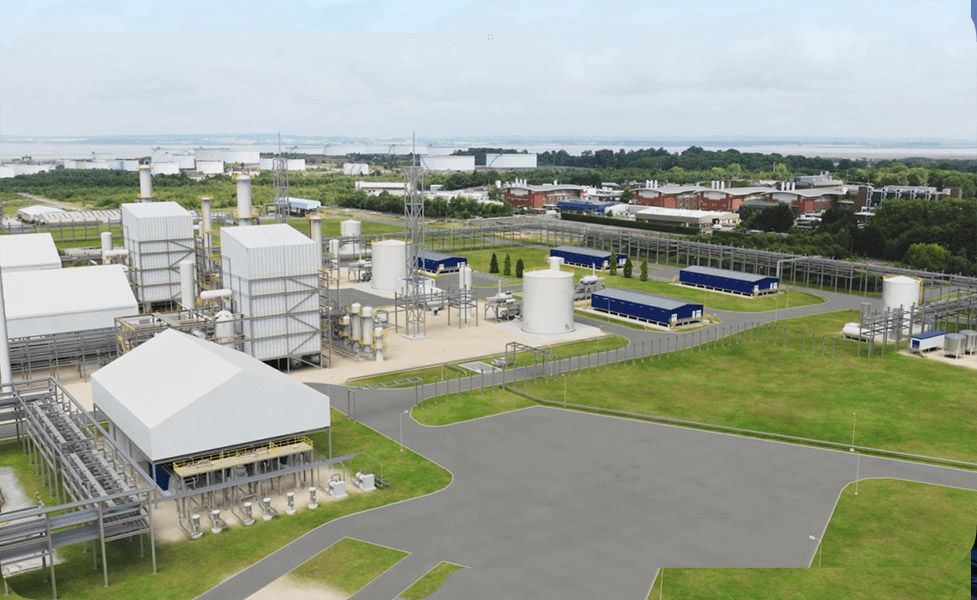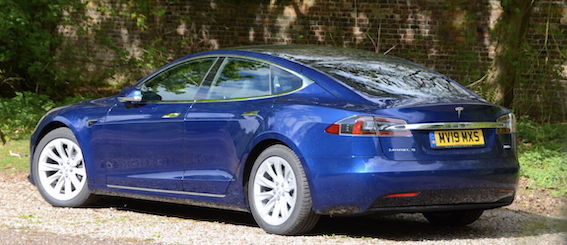I'm not making any claims. All I'm saying is that "new battery" seems to crop up more than "new engine" in a simple
autotrader search of used cars and I think the future used car buyer's fear will move from "will this engine blow up" to "will this battery conk out". The search was electric Teslas over a period of 10 years, electric Nissans over a period of about 13 year, vs ice cars over a period of about 57 years (first mention of 'new engine' is an mgb).
Summary:
Autotrader experiment. I put "new battery" in the search box in Autotrader:
Tesla shows 0.44 % failure over a period of 10 years.
Nissan electric vehicles show 1.2 % failure over a period of 13 years.
A similar search for "new engine" (for all petrol and diesel cars for all years) results in 0.18 % failure.
***not very scientific*** just thought some might find it interesting. I am not concluding anything from this. The comparison is basically all years of EV vs all years of ice. But (for Mike!) if you compare *10 years of ice then the percentage drops to 0.1% failure* (i thought it would be lower). Over a period of 13 years it is 0.13%.
Interestingly (to me) all ice manufacturers seem to have broadly ball park failure of 0.1-0.2 %, so v roughly 10x less than Nissan battery failures but land rover is about 0.4%, ie about the same as Tesla battery failure in this highly unscientific numbers game.



 ,There is a hilarious bit at the end where wealthy Chinese put their EV's on recovery trucks buying a ticket for the truck and it's driver thereby bypassing and making a complete mockery of the 10% or 18EV rule.
,There is a hilarious bit at the end where wealthy Chinese put their EV's on recovery trucks buying a ticket for the truck and it's driver thereby bypassing and making a complete mockery of the 10% or 18EV rule.